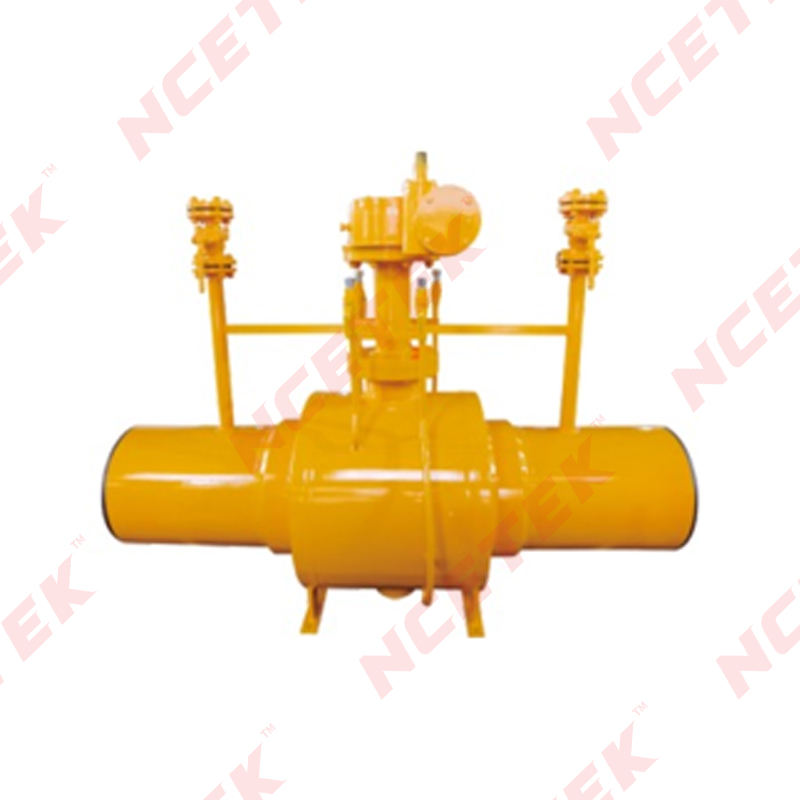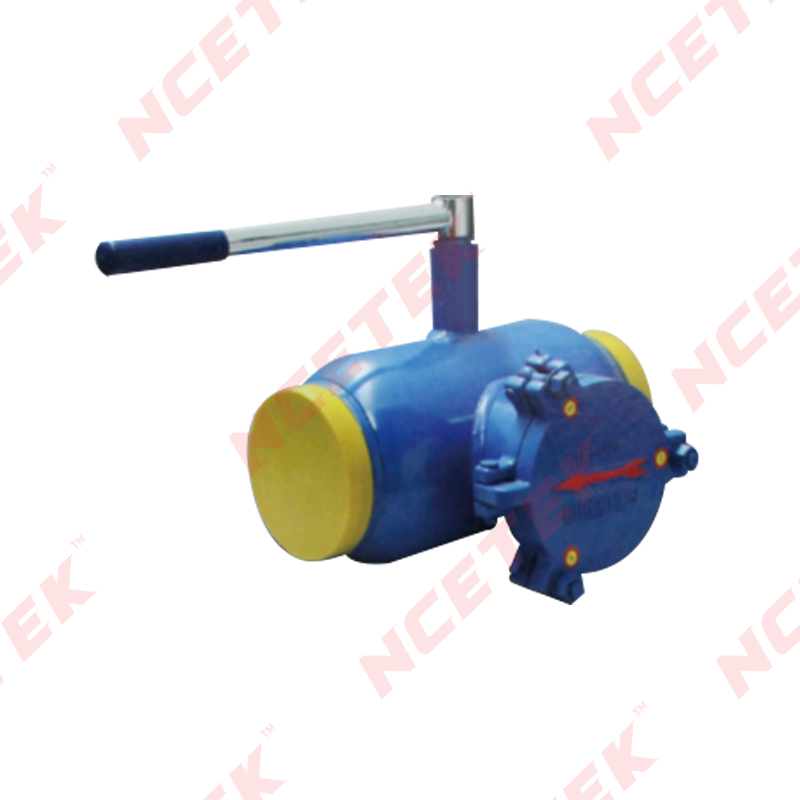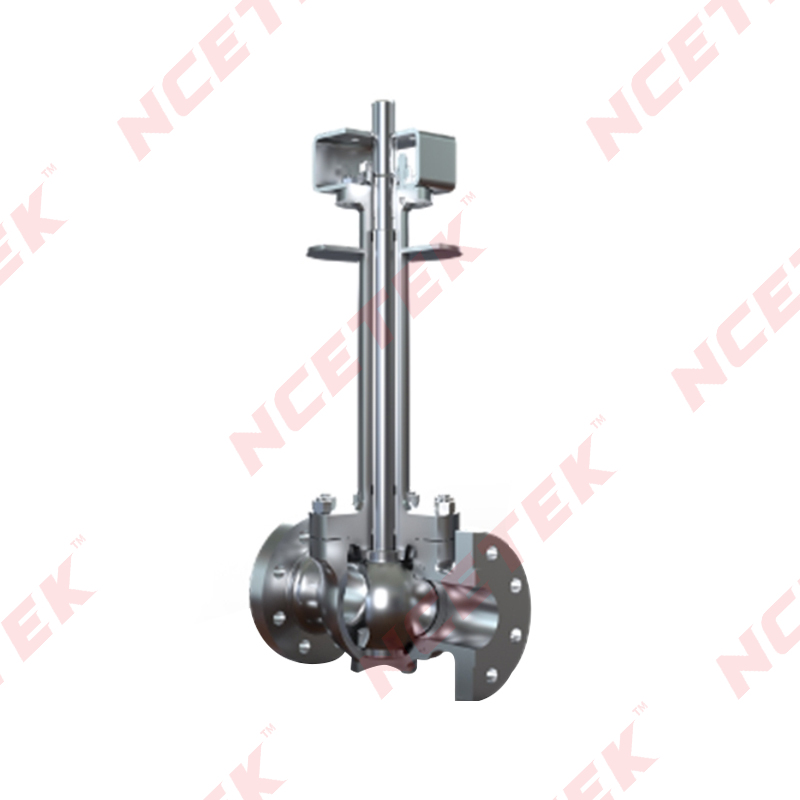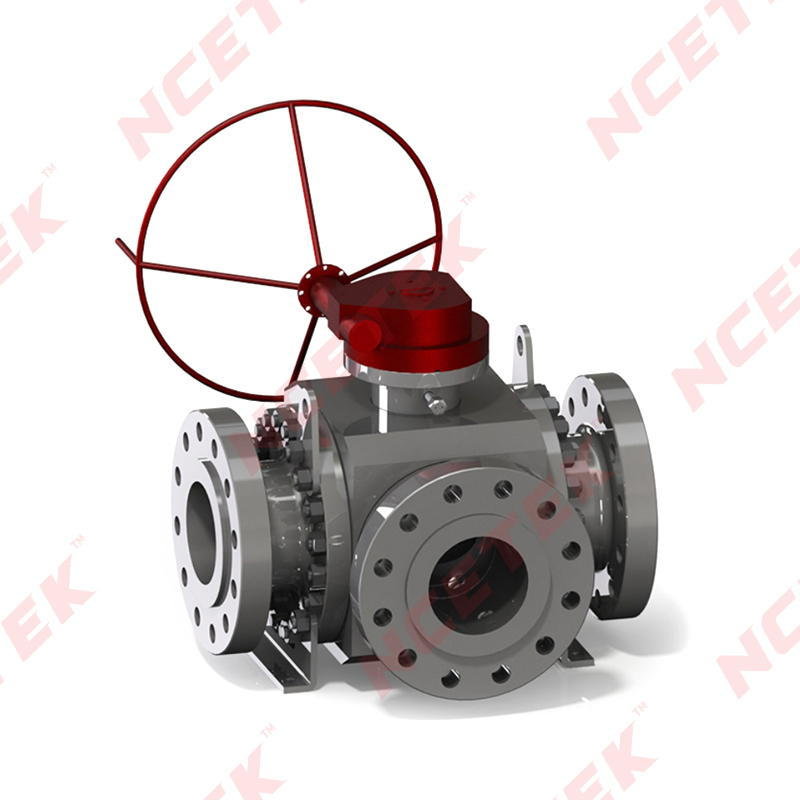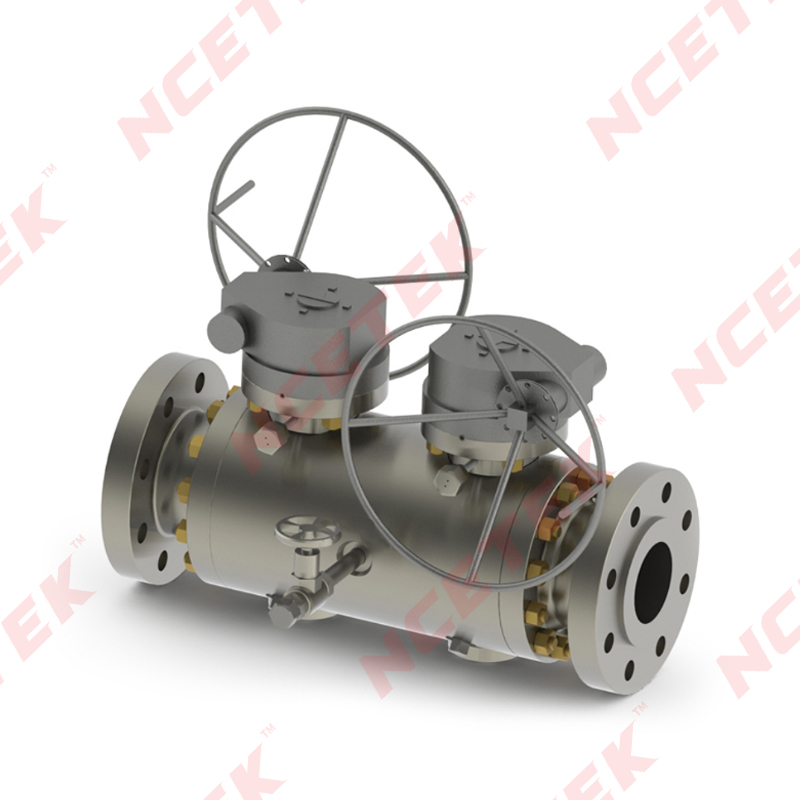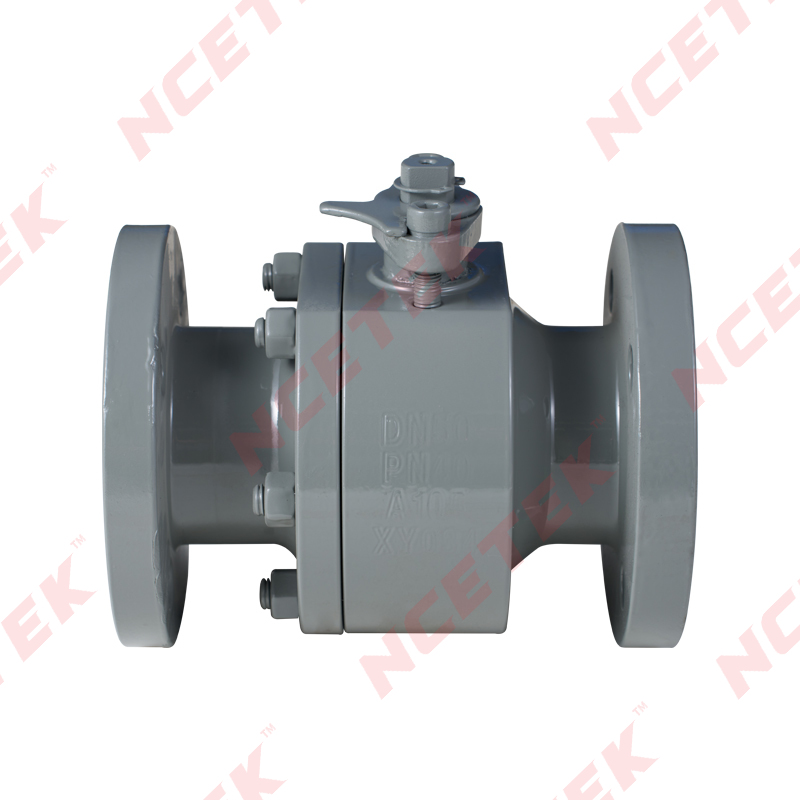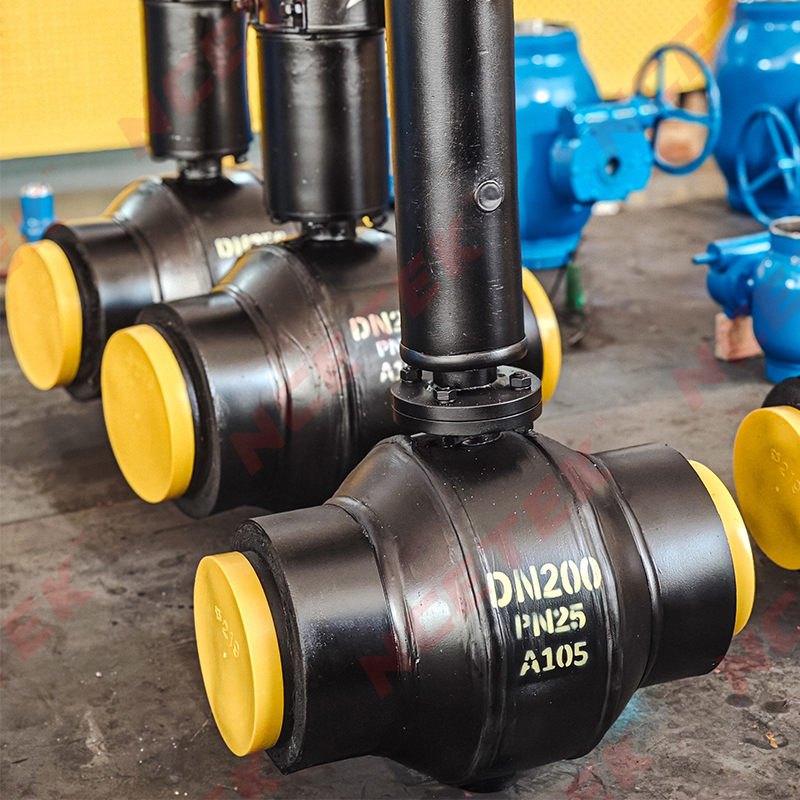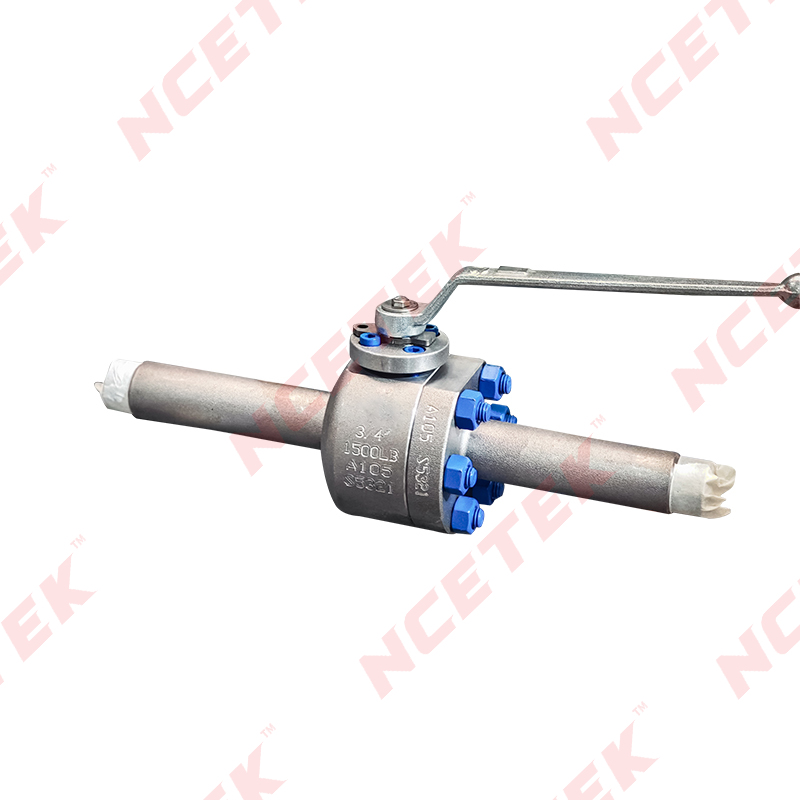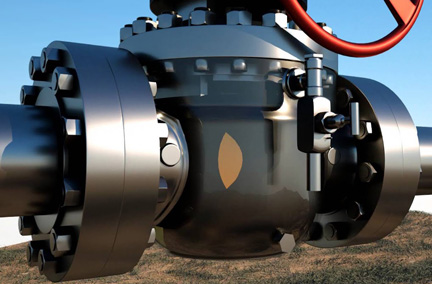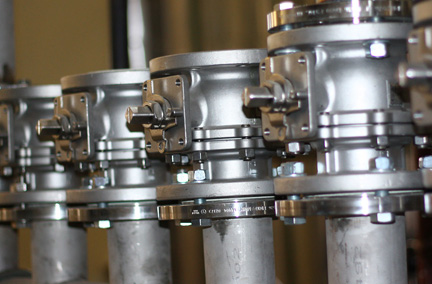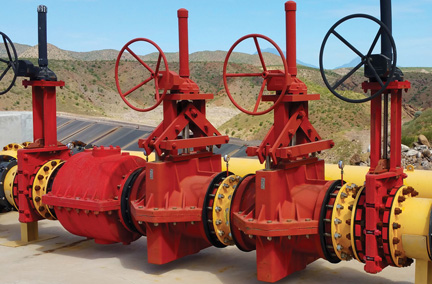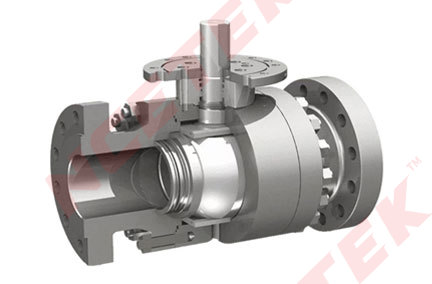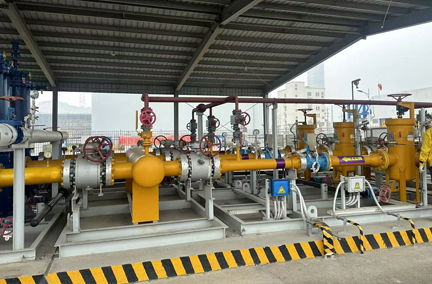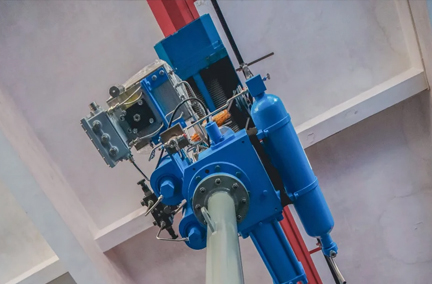Technical Specifications
◎ Design Standard: API6D, ASME B16.34, GB/T 19672, etc.
◎ Material: Carbon steel, Stainless steel, Alloy steel.
◎ Nominal Size: 2"~24"DN50~600
◎ Nominal Pressure: CLASS150LB~2500LB PN10~PN420
◎ Applicable Temperature: -60℃~250℃
◎ Operation Mode: manual, worm, pneumatic, electric, etc.
Three-Way Ball Valve Description
Naishi Three-Way and Multi-Way Ball Valves are important components in fluid control systems and are widely used in various industrial fields. They are variants of ball valves. Their design allows fluids to be distributed or converted between more than two pipes. The three-way ball valve has three interfaces, which can realize the diversion, confluence or switching of fluids. According to the different internal structures, it is divided into L-type and T-type.
The L-type can only connect two mutually orthogonal pipes, and cannot simultaneously maintain the interconnection of the third pipe, and only plays a distribution role; the T-type can make three orthogonal pipes interconnected and cut off the third channel, playing a diversion and confluence role. The multi-way ball valve is an extension of the three-way ball valve, with more interfaces and more complex fluid control functions.
Features & Benefits of Three-Way Ball Valve
Three-way ball valves can be L-shaped or T-shaped. L-shaped three-way ball valves have one inlet and one outlet, and the third port is used as a bypass. T-shaped three-way ball valves have two inlets and one outlet, or one inlet and two outlets. Three-way ball valves are often used in piping systems that require flow direction changes or bypass operations, such as in chemical, oil, natural gas, and water supply systems. Multi-way ball valves can control the flow direction of fluids in multiple pipelines, allowing multiple operations on one valve, such as distributing, mixing, or isolating fluids. Multi-way ball valves are suitable for complex piping systems that require precise control of fluid distribution, such as petroleum refining, chemical processing, multi-product pipeline transportation, etc.
Scope of Application: Used in petroleum, chemical, pharmaceutical, textile, and food industries for flow control, mixing, and regulating processes to ensure product quality and safety.
 简体中文
简体中文

 English
English  русский
русский 








